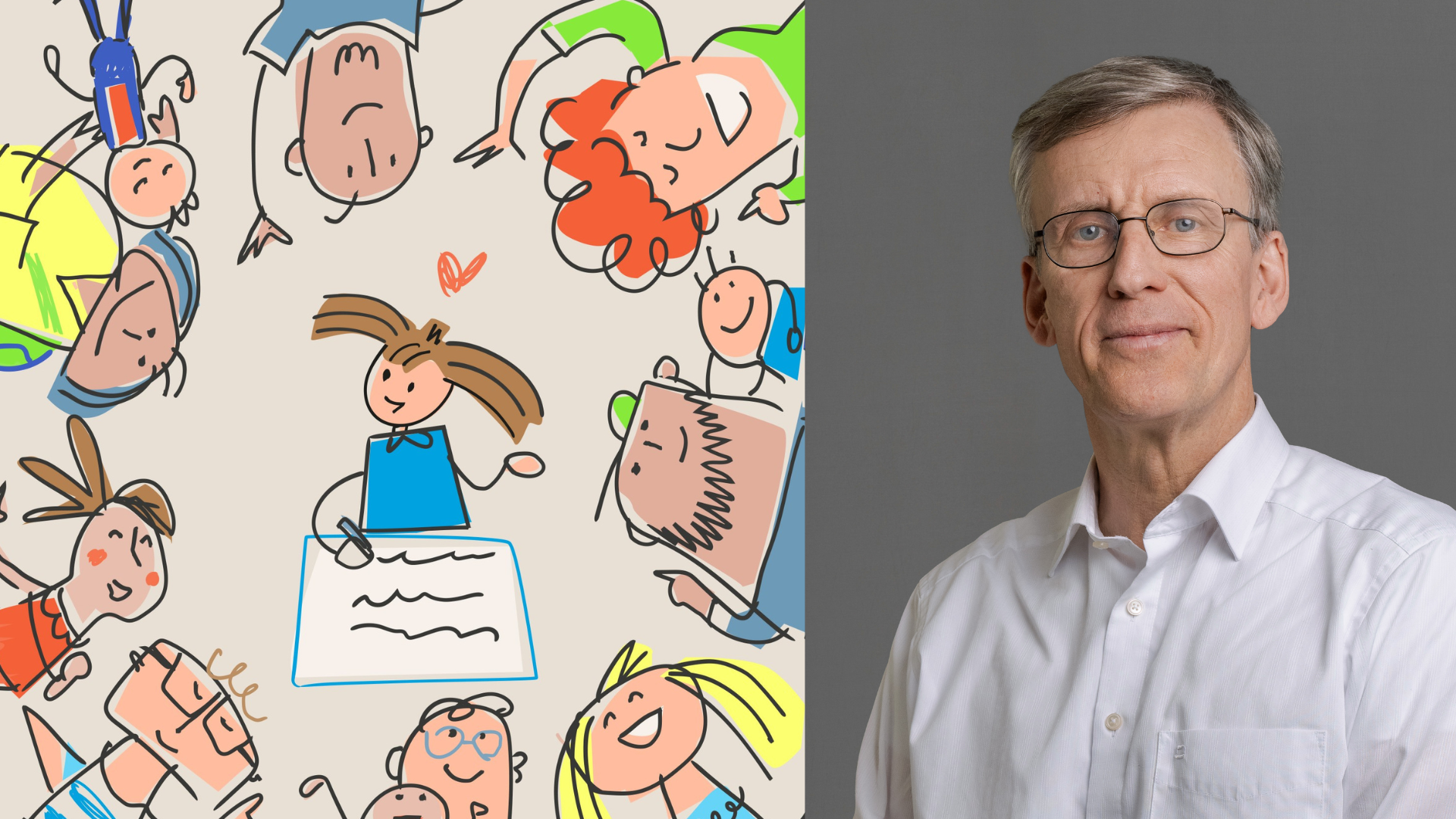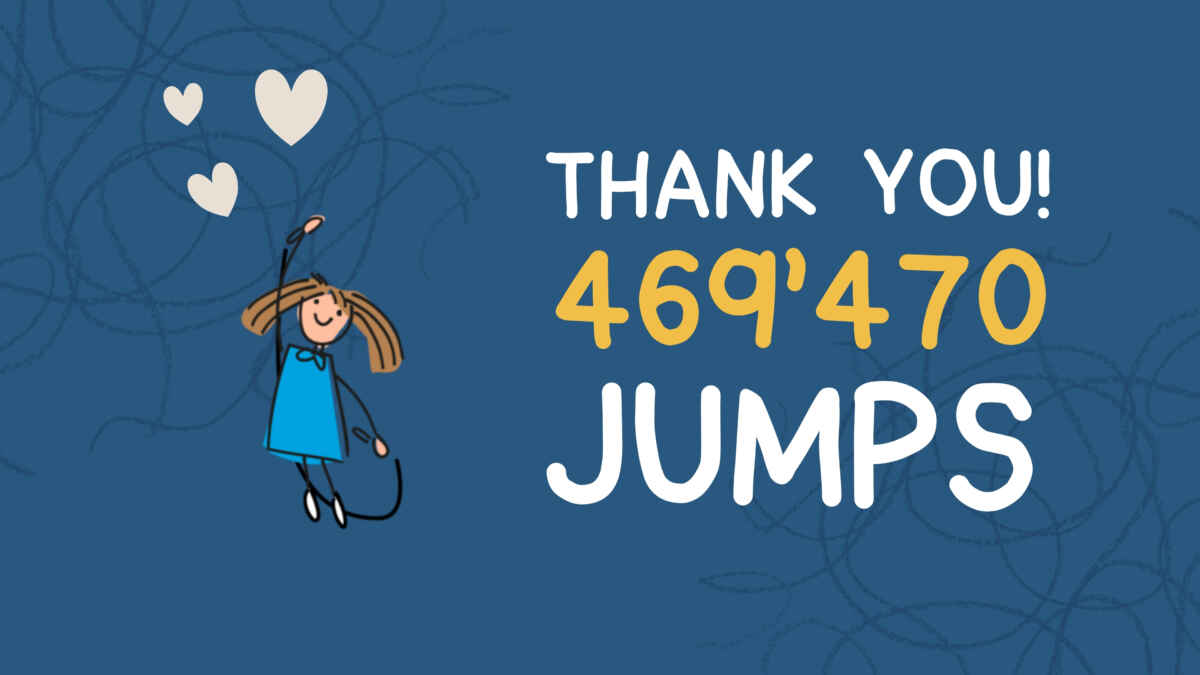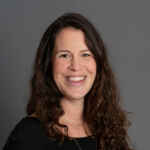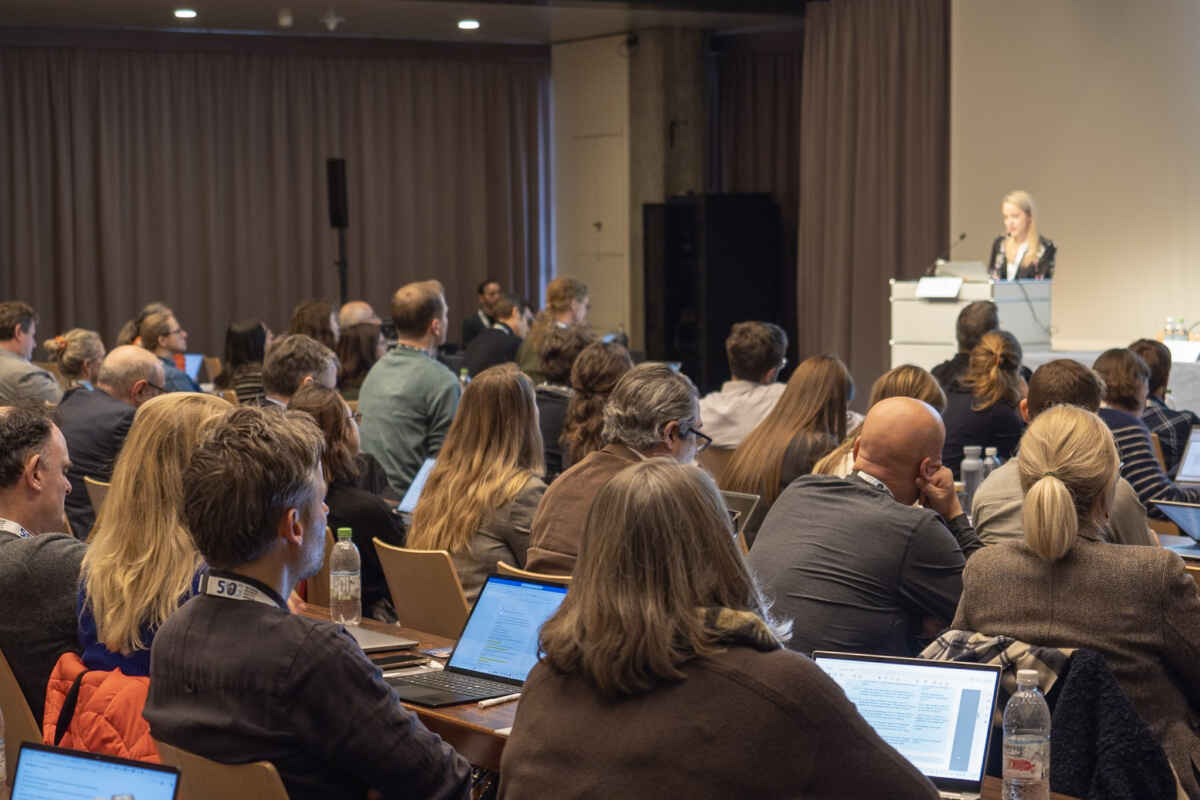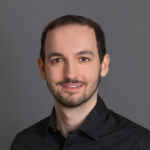Paul Castle is a founding member of our Patient Advisory Board (SPAB). A former journalist, he has also worked in the pharmaceutical industry and agricultural development. His hobbies include sport and languages. We spoke to him about his collaboration with the SPOG.
What is your personal connection to the topic of childhood cancer?
My son was diagnosed with leukaemia 20 years ago. Today he’s married, has a good job, and travels a lot. Nevertheless, this experience remains a formative part of our family’s history. That’s the main reason I served on the board of trustees of a childhood cancer foundation from 2012 to 2024.
So that means the SPOG “Patient Advisory Board” includes more than just former patients?
Correct. Our SPAB brings together the experiences and perspectives of various people affected by cancer. This includes family members. We also cover a wide age range and the two major language regions; among the founding members, I’m in a male minority. This good mix and our varied angles on childhood cancer are important to me and very valuable for SPOG, I hope.
You’re a great fan of Switzerland’s linguistic diversity. What do you think about the fact that the SPAB uses English as its working language?
As a native English speaker, I always have to be culturally on the watch. I questioned precisely this aspect of our work when the SPAB was founded. But English is not only a “lingua franca” familiar to all members. It is also the written language of scientific research, both here and internationally. And to my delight, our spoken collaboration is relaxed: the SPAB also speaks standard German, dialect, or French, depending on the situation. Sometimes all at once (laughs).
The SPAB has a range of responsibilities. Where can you contribute the most?
Our work is intended to benefit researchers and families. I hope I can help the SPOG ensure that its studies take parents’ needs properly into account. But I am even more passionate about communicating in lay terms. We need to present research results in a way families can easily understand. Explaining science in “simple” terms was a recurring part of my career. Whether in writing or as a speaker, I look forward to new opportunities of this kind.
“To me, childhood cancer research is an exciting mix of successes and challenges”
Paul Castle
Founding member of the SPAB
As someone heavily involved in the world of sport, you could have chosen to focus on something immediately accessible to the public – such as exercise programmes for children with cancer. Why did you choose instead to get involved in research?
Because as a non-scientist, I find research fascinating. And because advances in research mean that more and more children survive cancer – like my son. But there is still much to improve: for example, quality of life after treatment. Labs and hospitals have a great record of successes but also face plenty of challenges. I find that very exciting. And I’m glad to say that childhood cancer research does address sport as well.
At the official launch in March, the SPAB said it could still take on two more members. What would your “ideal candidates” be like?
The choice of new members doesn’t depend on me. But a couple of requirements are obvious: a close link with childhood cancer and the willingness to advise and support the SPOG from the perspective of those affected. Beyond that, I would be delighted to see even more diversity within the SPAB. For example, survivors of teenage cancer who are now in their early twenties, as well as siblings, a voice from Ticino… and some skills that the current members do not have.
In my view, there’s no hurry to expand the SPAB; we should first strengthen the work of the existing team. But the day will presumably come – I’m looking forward to it!
Dr. Dustin Singer
Dustin Singer is Clinical Project Manager and coordinates the SPOG Patient Advisory Board. He is also part of the Partner Relations Team and applies his scientific background in a versatile way to research in childhood cancer.
More articles from Dr. Dustin Singer

